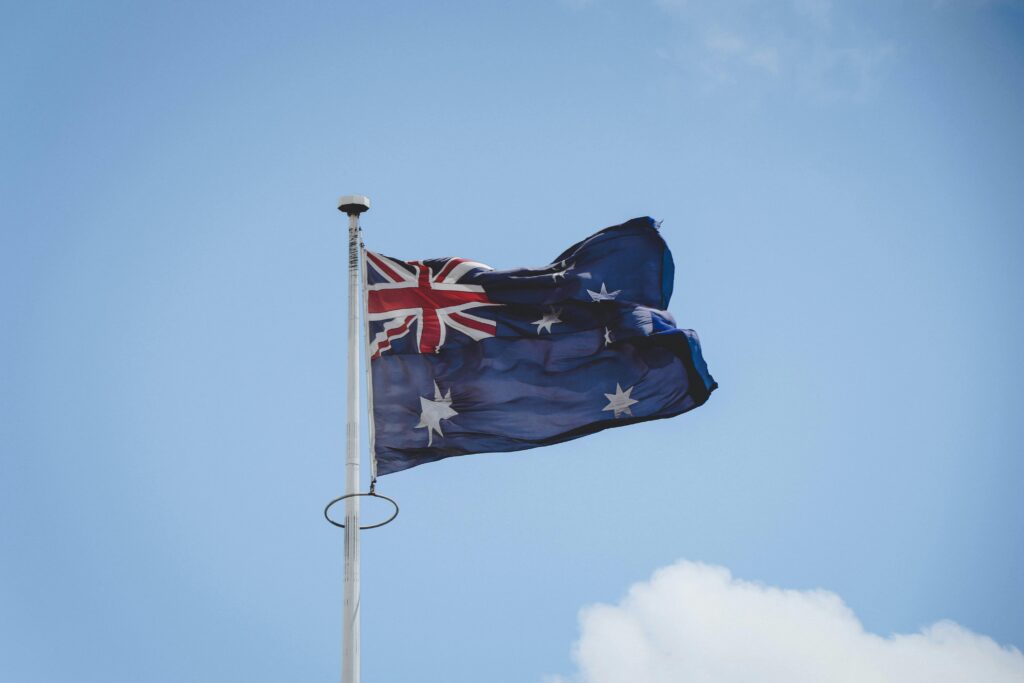Australia has passed a strict law banning children under 16 from accessing social media. The legislation, approved on Thursday, has sparked widespread debate across the country. It aims to curb underage use of platforms like Instagram, TikTok, and Facebook by enforcing significant penalties on tech companies. These companies must prevent minors from logging in or face fines up to 49.5 million Australian dollars ($32 million USD). A trial to determine effective enforcement methods will begin in January 2024. The full ban is set to be implemented a year later.
This law positions Australia as a leader in regulating social media access. It reflects a global trend of governments legislating against minors’ social media use due to mental health concerns. While countries like France and several U.S. states require parental permission for access, Australia’s ban is more stringent. In contrast, a similar under-14 ban in Florida faces legal challenges over free speech concerns.
Public and Political Response to the Ban
The passage of this law marks a significant win for Prime Minister Anthony Albanese. His government introduced the Social Media Minimum Age Bill amid falling approval ratings and a looming 2025 election. While privacy advocates and child rights groups opposed the ban, polls showed strong public support, with 77% of Australians favoring the measure. Parents of children harmed by social media bullying played a key role in shaping public opinion. Media outlets, including Rupert Murdoch’s News Corp, campaigned heavily for the ban under the banner “Let Them Be Kids.”
Despite domestic support, the law has drawn international criticism. Elon Musk, owner of X, suggested the ban could pave the way for broader internet control. The measure could also strain Australia’s relationship with the U.S., its key ally, where most major tech firms are based. Australia has already clashed with these companies over requiring them to pay royalties for news content and crack down on scams.
Some tech companies, including Meta, expressed concerns about the rushed legislation. They argue existing measures already address age-appropriate experiences. TikTok and X representatives did not comment, but Alphabet’s YouTube secured an exemption due to its educational use in schools. Digital Industry Group head Sunita Bose criticized the lack of government guidance for enforcing the law.
Concerns About Rights and Effectiveness
Critics warn the ban may unintentionally harm vulnerable groups, including LGBTQIA and migrant teens, who rely on online networks for support. The Australian Human Rights Commission cautioned the law might infringe on young people’s rights to participate in society. Privacy advocates worry about increased data collection for age verification, potentially enabling state surveillance. Lawmakers included a late amendment to offer alternatives to uploading ID documents, aiming to address these concerns.
Youth advocates and academics have highlighted unintended consequences of the ban. Sydney student Enie Lam, now 16, argued the measure might push young people toward riskier online spaces. While acknowledging the harm caused by social media, she predicted the ban could lead to greater technological literacy for bypassing restrictions.
Parents like anti-bullying advocate Ali Halkic believe the law is a crucial first step. Halkic’s son, Allem, tragically ended his life after social media bullying in 2009. He praised the legislation for restoring some parental control. However, critics like Senator Sarah Hanson-Young dismissed it as outdated and dismissive of young people’s needs.
The social media ban reflects deep national divisions over technology’s role in society. While supporters see it as a protective measure, others argue it risks exacerbating existing problems. As Australia embarks on this unprecedented experiment, its success will likely influence similar efforts worldwide.


